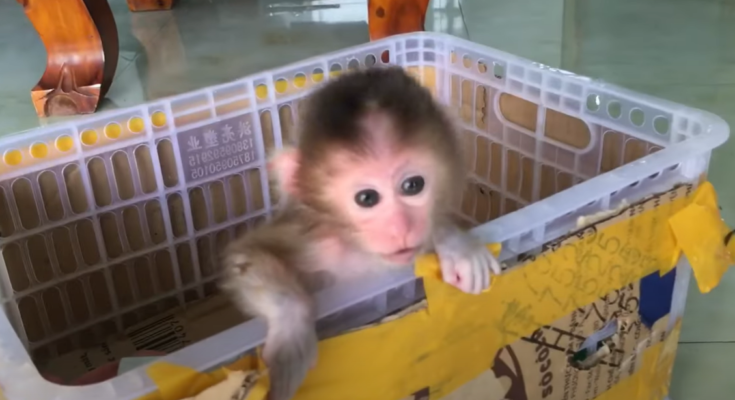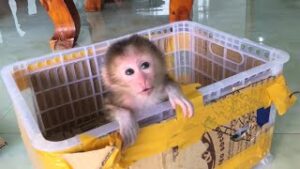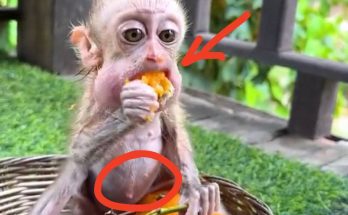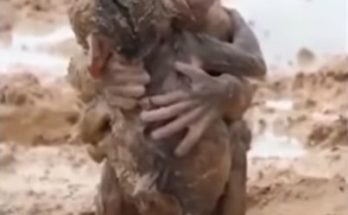
Every year, countless newborn baby monkeys are captured from the wild and sold in illegal markets. These delicate creatures, torn from their mothers at an early age, face a grim future. The trade of baby monkeys not only endangers their survival but also disrupts the ecological balance and threatens the biodiversity of their natural habitats.
Newborn monkeys are often sold to individuals who are unprepared to meet their complex needs. These animals require specialized care, including a specific diet, social interaction, and a suitable environment to thrive. When kept in captivity under improper conditions, they can suffer from malnutrition, loneliness, and severe stress, leading to long-term psychological and physical health issues.

The sale of baby monkeys also poses significant risks to human health. These animals can carry diseases that are transmissible to humans, creating potential public health hazards. Additionally, the illegal trade of wildlife undermines conservation efforts and perpetuates cruelty towards animals.
To combat this issue, it’s crucial to support and enforce stricter wildlife protection laws. Public awareness campaigns can educate people about the realities of the illegal pet trade and the importance of preserving wildlife. Supporting wildlife rescue and rehabilitation centers can also provide care for animals that have been saved from these markets, giving them a chance to return to their natural habitats.
Everyone can contribute to ending the suffering of newborn baby monkeys by refusing to buy exotic pets, reporting illegal wildlife trade, and supporting organizations dedicated to animal welfare and conservation. Together, we can create a future where these intelligent, social creatures can live freely and safely in the wild.


